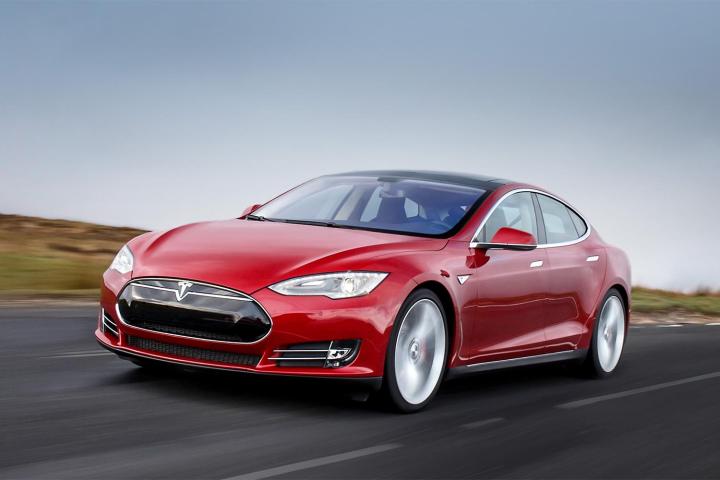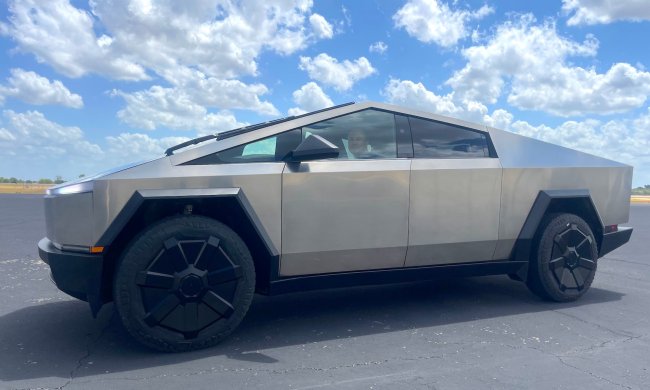
While it still maintains that the Model S is the “best-performing car” it’s ever tested, Consumer Reports says its reliability is another matter. In the recently-released Annual Auto Reliability Survey, the Model S slipped from an “average” predicted reliability rating to “worse than average,” causing Consumer Reports to pull its “recommended” rating for the car.
In the survey, which included responses from 1,400 Model S owners, the main reported problems included issues with the drivetrain, powertrain, charging equipment, body squeaks and rattles, and problems with the 17-inch central touchscreen that is one of the Model S’ main selling points. Specific areas that were worse on 2015 models than 2014 models included climate control, steering, and suspension, and Consumer Reports says complaints about the powertrain have gotten worse as these cars have aged.
Squeaks and rattles were found to be the most prevalent issue, although Consumer Reports notes that this may be at least partially due to the car’s near-silent powertrain amplifying ambient noises. However, there were more significant issues, too.
“Tesla has made a habit of replacing the car’s electric motors,” Consumer Reports claims, adding that survey respondents also complained of warped brake rotors, and that the Model S’ retractable door handles sometimes fail to “present” themselves. This is a problem the magazine had with its own Model S P85D test car. It has also reported some reliability issues with a 2012 Model S 85 test car, including software glitches and a fragile charging adapter.
The magazine does not feel this is a problem inherent to electric cars. The Nissan Leaf has received above average reliability ratings for several years. It’s also not something that seems to bother Tesla owners too much. In its annual customer satisfaction survey, 97 percent of owners said they would buy their cars again, and Tesla service has been rated very highly as well.
Poor reliability is actually not unheard of in a complex luxury car; the BMW X5 and 5 Series performed poorly in the Consumer Reports reliability survey as well. The magazine says reliability also suffers when new features are introduced. Tesla has been lauded for the pace at which it introduces new features, but that approach may be hurting it in this area.
Poor reliability isn’t necessarily a deal breaker in a low-volume luxury car like the Model S, which is often bought by people who have at least one backup car. The real question is whether reliability issues will continue to dog Tesla when it launches its mass-market Model 3, a $35,000, 200-mile electric car that’s expected to go on sale in 2017.
Updated 10/22/15 by Andrew Hard:
Elon Musk has responded to the reports on his Twitter page. Read the message below.
Consumer Reports reliability survey includes a lot of early production cars. Already addressed in new cars.
— Elon Musk (@elonmusk) October 21, 2015
The CEO also noted that according the Consumer Reports study, 97 percent of Model S owners expect their next car to be a Tesla.


